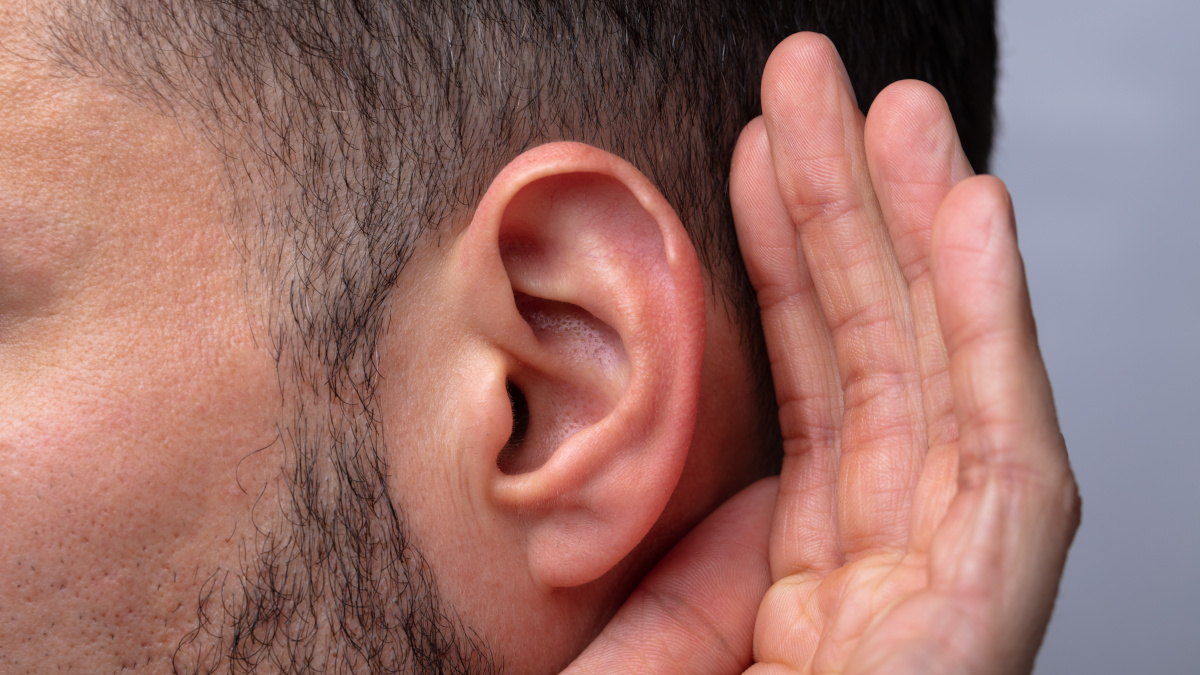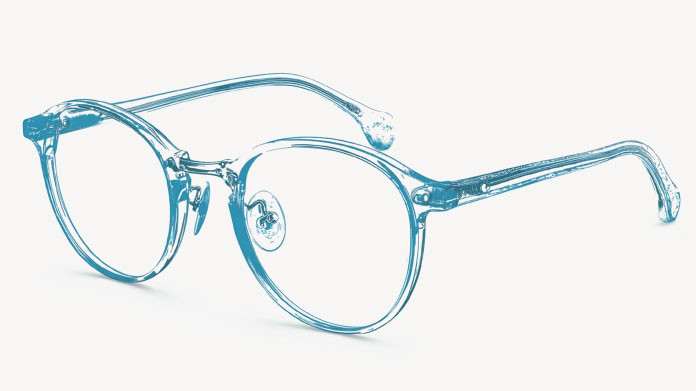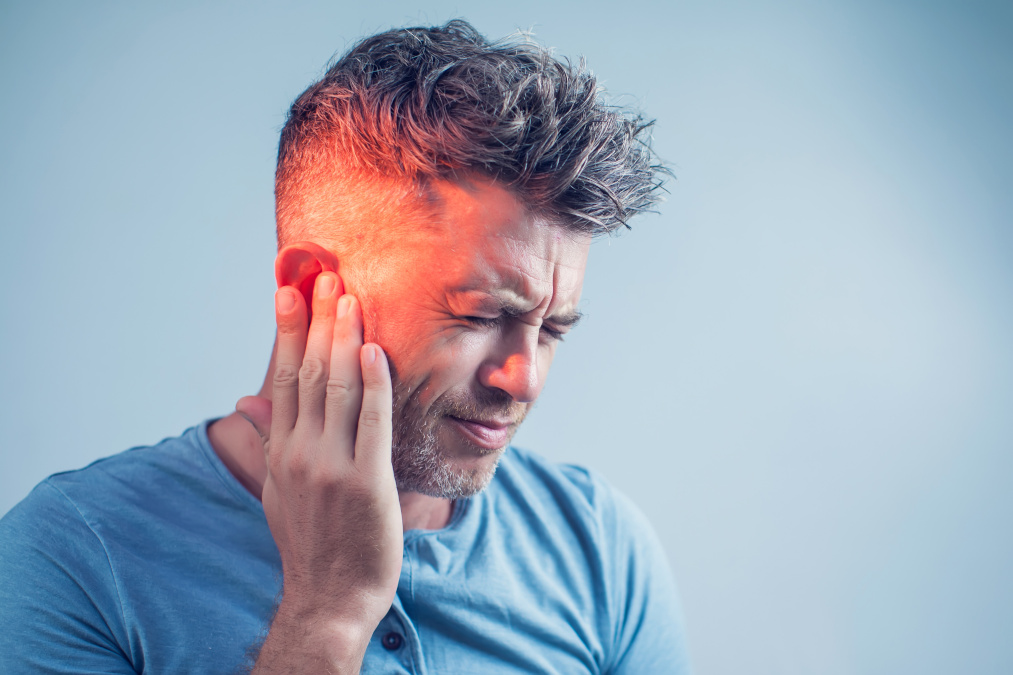7 tips to help restore or improve your hearing naturally
Are you struggling to hear what’s going on around you? Don’t despair: discover our 7 tips to help maintain and increase your hearing capacity.

Adopt a healthy lifestyle
First of all, it’s important to understand that your lifestyle has an effect on the function of your auditory system. One study, for example, has shown that by stimulating the cardiovascular system, regular exercise improves blood flow to the inner ear (1).
Running, speed-walking, yoga... the important thing is to find a form of exercise you enjoy and make sure you practise it 2-3 times a week in order to feel the benefits.
Try, in general, to minimise your exposure to stress, and to eat a varied, balanced diet in order to stay on top form.
Stimulate your hearing capacity
Daily stimulation of your hearing and cognitive function can also help maintain your auditory system (2).
Strategy games, hearing games and cognitive association can all help to stimulate your listening ability and train your brain to recognise sounds, estimate how far away they are or improve your ability to concentrate on hearing in a noisy environment, for example.
There are also Smartphoneapps designed to help keep your hearing sharp.
Take a course of Ginkgo biloba supplements
Gingko biloba is a tree with exceptional longevity, sometimes referred to as the tree of a thousand virtues. It has been used for more than 4000 years in traditional Chinese medicine.
Ginkgo extract is known, in particular, for supporting peripheral circulation... hence its beneficial effects on hearing (3). It also helps to maintain memory and improve cognitive ability.
Opt for a Ginkgo biloba supplement with a high content of active ingredients (such as Ginkgo biloba). You’ll also find it in various synergistic formulations such as Hear Loss Formula (which combines ginkgo, R-lipoic acid, glutathione...) and OptiHear (rich in ginkgo, as well as vitamins and minerals).
Deafness: focus on prevention
To protect yourself against even slight hearing loss or auditory problems, prevention remains key, especially in terms of noise levels. Young people in particular, should be careful as they can accumulate several risk factors.
Prolonged use of earphones or headphones at high-volume should therefore be avoided, and ear protection should be used at gigs, for example (4).
In the workplace, specific Health and Safety regulations are in place to minimise the risks, especially in open space or for certain types of work that involve frequent exposure to loud noise.
Clean your ear canal
Another way of naturally improving your hearing is through regular and thorough cleaning of your ear canal. This is because the soft, yellow cerumen (earwax) produced in the ear canal hardens and oxidises over time. Some people produce more than others, and earwax plays a protective role against external elements and bacteria.
Once the earwax reaches the entrance to the ear canal, it can be gently removed once or twice a week using an ear-cleaning device (a kind of curved metal implement) or in the case of blocked ears, appropriate ENT products with a trace-element or solvent base.
Health professionals advise against cotton buds, however, which are often used incorrectly and which actually encourage blockages by pushing the earwax back into the ear canal.
Try auditory training
Given by a speech therapist, auditory training is a natural way of helping to restore or improve your hearing. It’s generally recommended before or after a hearing aid is fitted, in order to maximise the device’s efficacy.
Delivered over several sessions, auditory training consists of exercises designed to develop comprehension, memory and discrimination between different tones. It is not unlike the stimulation exercises mentioned above. It can be prescribed by an ENT specialist or your GP.
Have your hearing assessed by an ENT specialist
According to the WHO, by 2050, 25% of the world’s population could be suffering from hearing problems. And contrary to popular belief, deafness does not just affect older people. In France, for example, 33% of those troubled by loss of hearing are aged between 15 and 44.
If you develop even slight hearing problems or loss, arrange a hearing test with an ENT specialist without delay and be sure to follow their recommendations.
If you already wear a hearing aid, make sure you get it checked regularly to confirm that it’s still effective or to make adjustments if necessary.
References
- Hutchinson KM, Alessio HM, Hoppes S, et al. “Effects of cardiovascular fitness and muscle strength on hearing sensitivity.” J Strength Cond Res. 2000; 14:302-309.
- Troubles de l’audition : comment préserver et restaurer notre ouïe – INSERM
- Procházková, K., Šejna, I., Skutil, J. et al. “Ginkgo biloba extract EGb 761® in chronic tinnitus: a randomized, double-blind clinical trial”. Int J Clin Pharm 40, 1335–1341 (2018). https://doi.org/10.1007/s11096-018-0654-4
- Sliwinska-Kowalska M, Davis A. “Noise-induced hearing loss”. Noise Health 2012;14:274-80
Keywords
46 Minutes
Trustworthy company with tested products
Trustworthy company with tested products
Trusted
4 Days
Efficiency and speed
Efficiency and speed
Cuccie
6 Days
GOOD BRAND IN FOOD COMPLEMENTS
GOOD BRAND IN FOOD COMPLEMENTS - SERIOUS WITH GOOD DOCUMENTS AND DETAILS SCIENTIST. AND SERIOUS HONNEST COMMERZIALISATION. I HAVE TRUST IN THEIR PRODUCTS.
FENOGLIO Guy
7 Days
Very good experience
Very good experience, the products arrived in time, in perfect condition and are good quality. Thank you.
GABI TIRCOCI
13 Days
very good expereince
very good expereince
Jelena Đaković
13 Days
Very good products.
Very good products.
Agnes BENDSAK
15 Days
Just OK
Just OK, ordering from company for many years and being safisfied
Lynn Mae
15 Days
Recomendo
Produtos encomendados são recebidos atempadamente e de acordo com o anunciado! Muito satisfeita!
Carla Sofia
16 Days
Everything is great!
Everything is great!
Jonas
21 Days
The delivery was fast and the product…
The delivery was fast and the product is great
SOMMARIVA Gianni
22 Days
Great service and lots of information
Great service and lots of information
Gabi
25 Days
Service Satisfaction
I’m satisfied with the service; it fulfilled what it set out to do.
Anfhony Abreu
28 Days
Original product and fast delivery
Original product and fast delivery. I haven't started it yet, but will do soon.
Vincenza Catania
31 Days
Good quality
Good quality. Good service.
Leonel Guzman
33 Days
Top!!!!!!!!
Top!!!!!!!!
Michael
of experience
your money back
##montant## purchase




